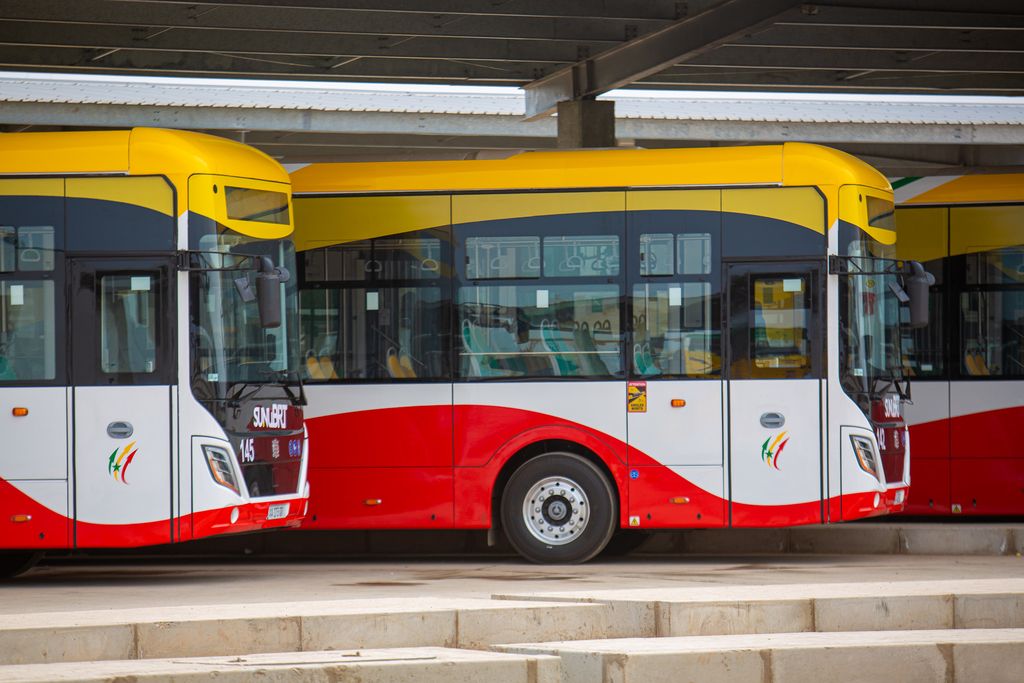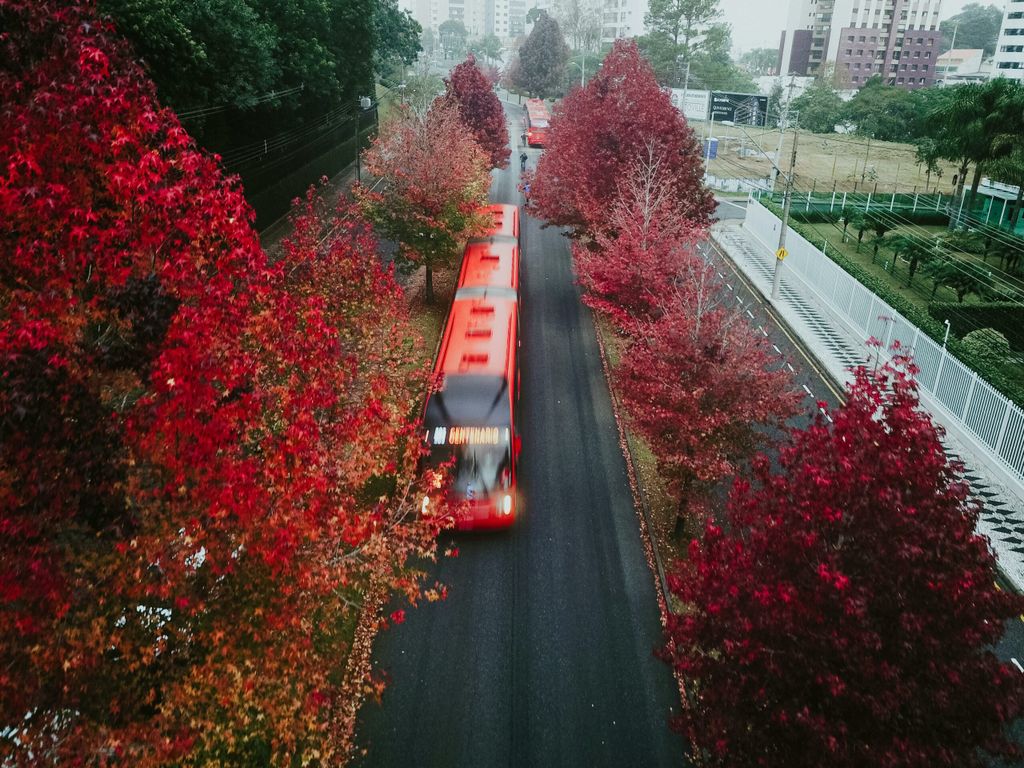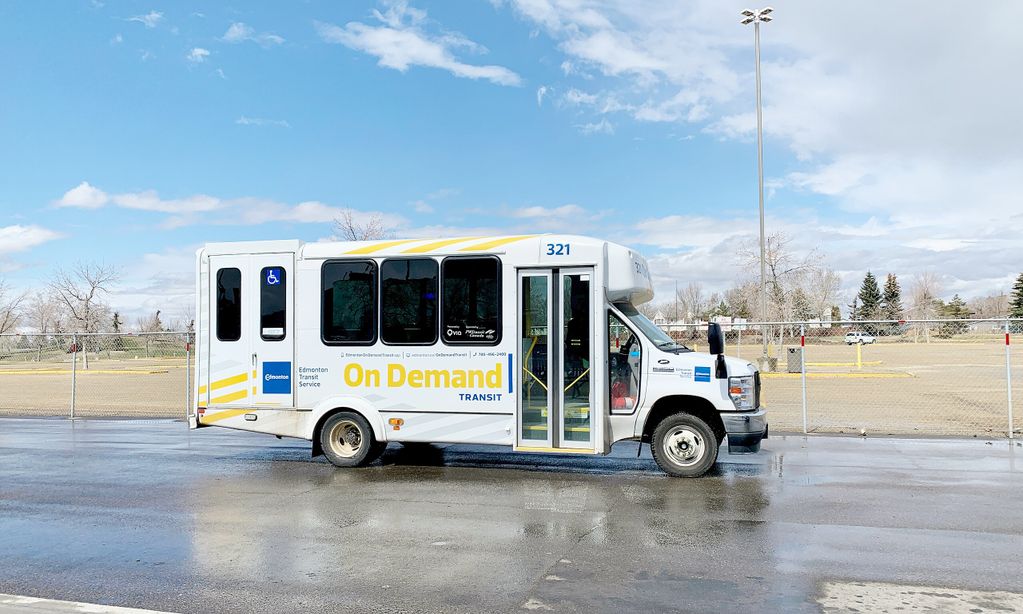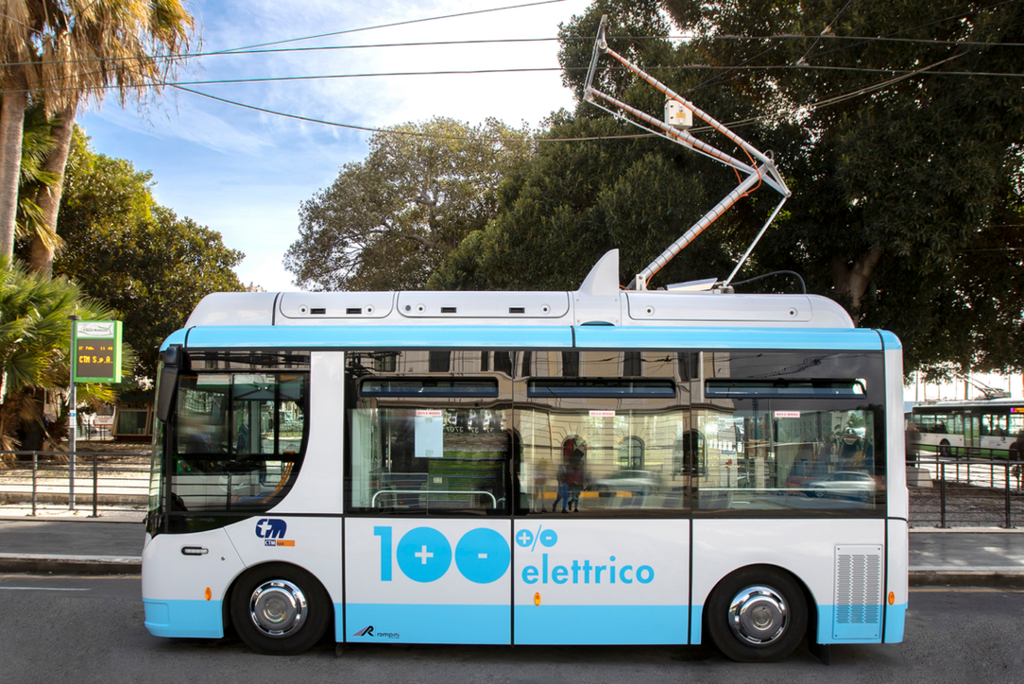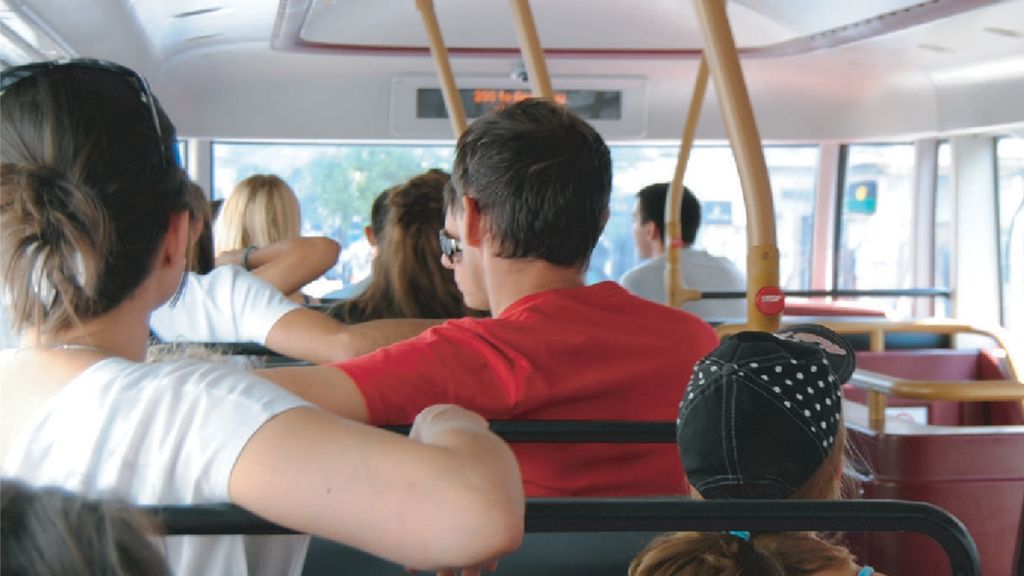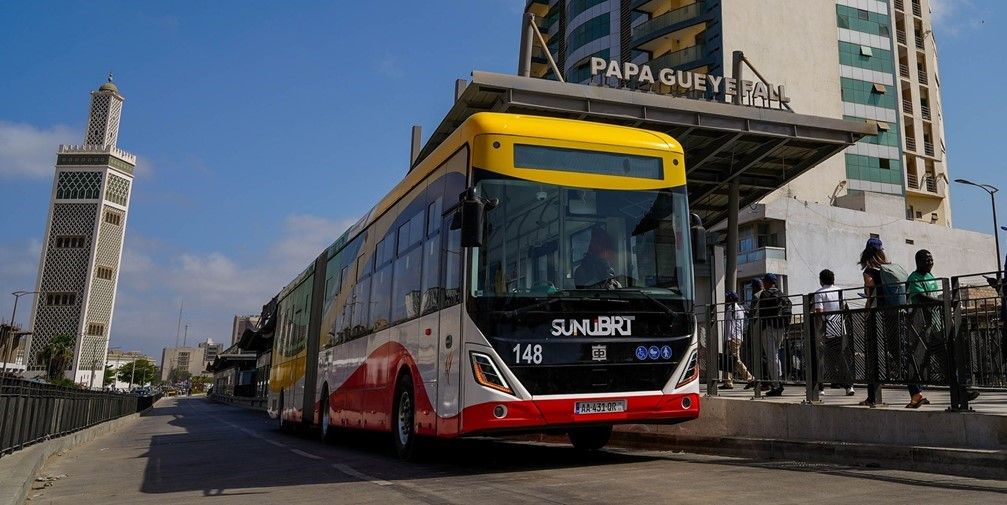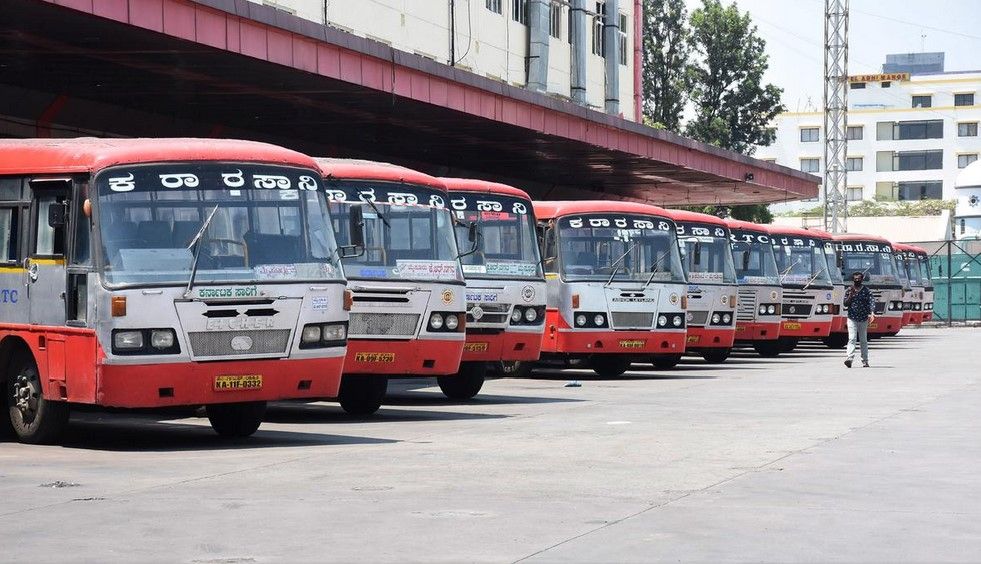
Planning for Electrification of Rural and Intercity Buses
Rural and Intercity bus services constitute 70% of India’s bus market and present with the largest opportunity for accelerated transition to electric buses. Their high vehicle utilisation (daily-km operated per bus) offers higher savings on the energy switch from diesel to electric buses. The National Electric Bus Programme (NEBP) launched by Government of India aims to deploy an additional 50,000 new e-buses in the near future, of which rural and intercity buses are expected to form a significant share.
Realising the importance of rural and intercity bus services, UITP India has published a knowledge brief outlining a practical strategy for depot, route, and charging location selection for electrification of long-range buses by taking the case study of Karnataka state in India.
Buses are the mainstay of public transport across urban, rural, and intercity areas in the state of Karnataka and public bus services are provided by the four government-owned road transport corporations (RTCs) in Karnataka.
The Kalyana Karnataka State Road Transport Corporation (KKRTC) is selected as the representative case study to demonstrate the approach for route and depot selection analysis for the rest of Karnataka. The approach proposed in the knowledge brief is operator agnostic and can be adopted by long-range bus fleet operators in other contexts.
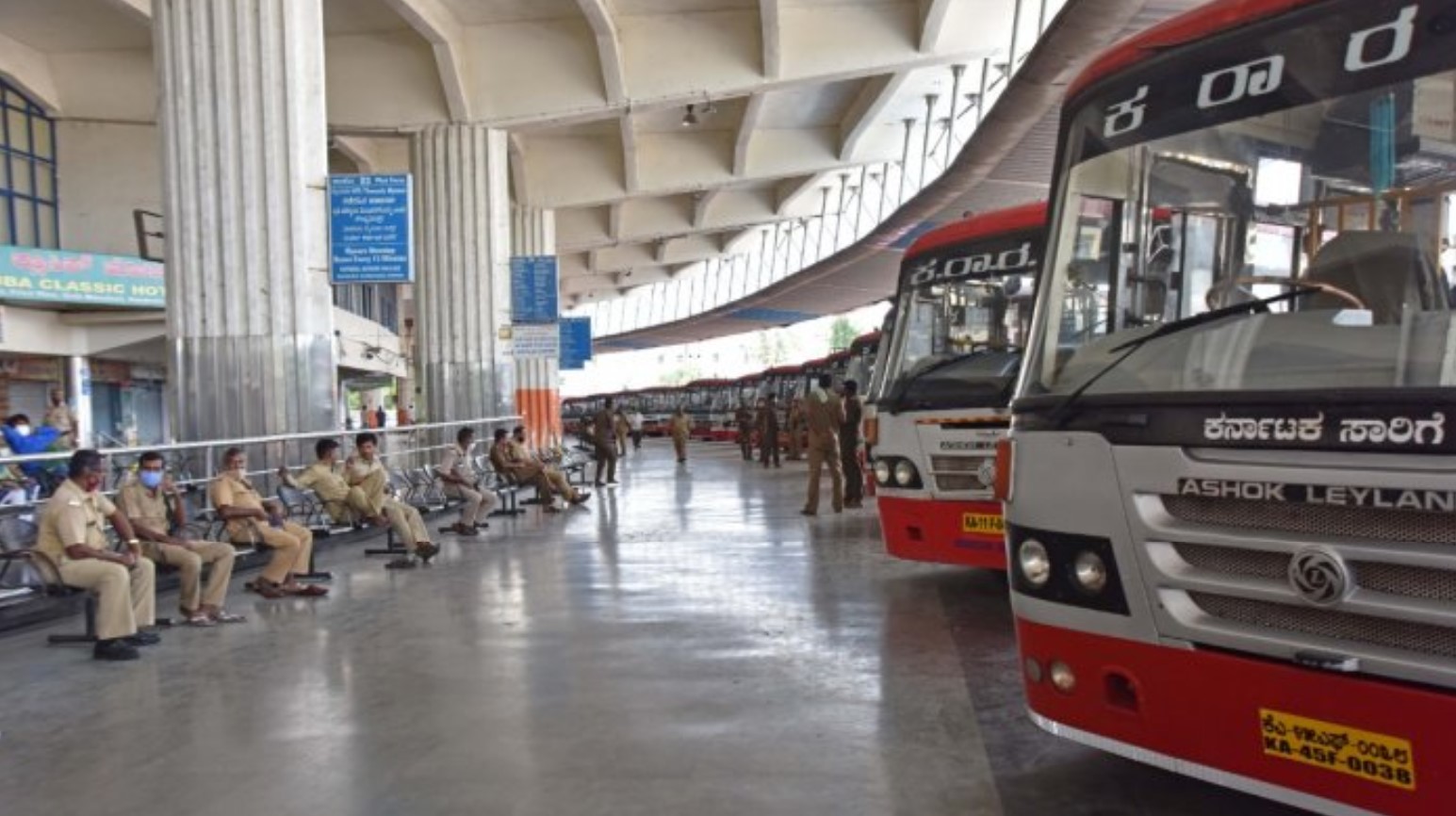
Phase-wise approach for depot and route prioritisation
The current advanced methods deployed for prioritisation of depots and routes recommend TCO and energy efficiency modelling of different routes based on their operational characteristics such as length, the speed profile, altitude, temperature, and load carried, amongst other factors.
However, the limited data availability and limited technical capabilities with Indian bus agencies to carry out such modelling render such an analysis unviable at a large scale. Hence, a simplified phase-wise approach using available datasets with Indian bus agencies such as service type selection, bus and charger technology identification, depot selection for overnight charging, location selection for opportunity charging using spatial analytics, and selection of routes and schedules is proposed for deployment of electric buses.
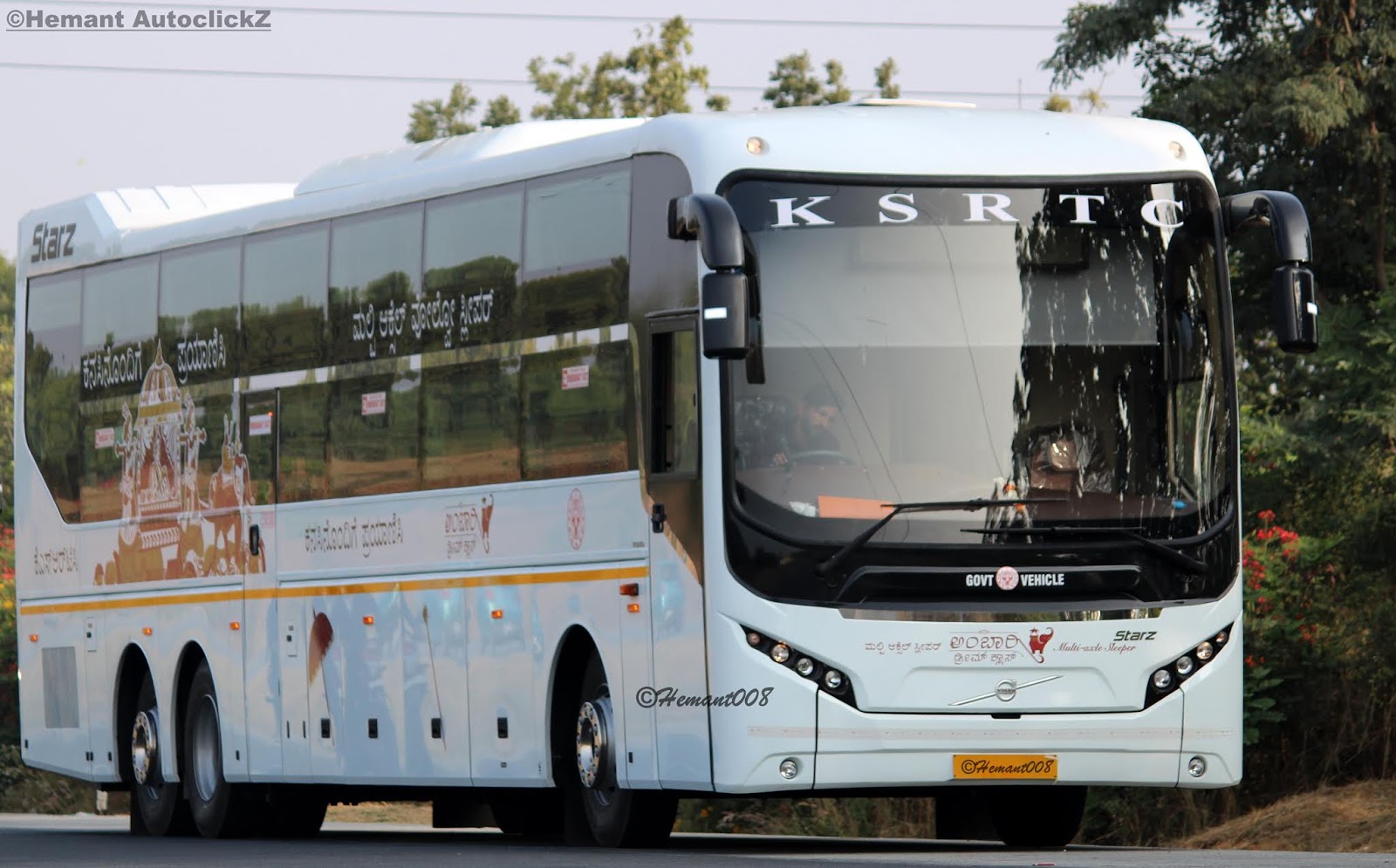
Network mapping and operational and financial analysis
A more detailed analysis of the operational patterns is carried out for identification of depot selection for overnight charging and opportunity charging. For the location selection for opportunity charging, rule-based methodology is adopted where excel-based schedules of each KKRTC depot are aggregated into a large database, and the latitude and longitude values of the origin, destination, and intermediate points were derived using Open Street Maps Application Program Interfaces (APIs).
The network mapping analysis generated indicative locations of the charging stations; however, the exact locations need to be identified based on detailed on-ground surveys covering proximity to the power grid, land availability, and bus operations feasibility. The bus technology selection and charging infrastructure planning choices of the bus agency are critically linked to the operational requirements and the financial characteristics of the route.
Therefore, bus schedules are analysed to derive route-wise daily-km operated, break times for charging and the current revenue patterns. The various service types (rural Vs intercity, ordinary Vs express) where the e-bus operational needs and financial payback constraints can be balanced are identified and shared with KKRTC. Further, a decision-making process is outlined for schedule-wise feasibility analysis for the given bus type.
The exercise generated a practical model for decision support of route selection for long-distance routes that can be replicated across State Transport Undertakings in India to design long-distance bus market electrification strategies. The findings from the analysis is summarised into a policy brief that can inform other bus corporations planning for intercity bus services in India.
exclusive resources




